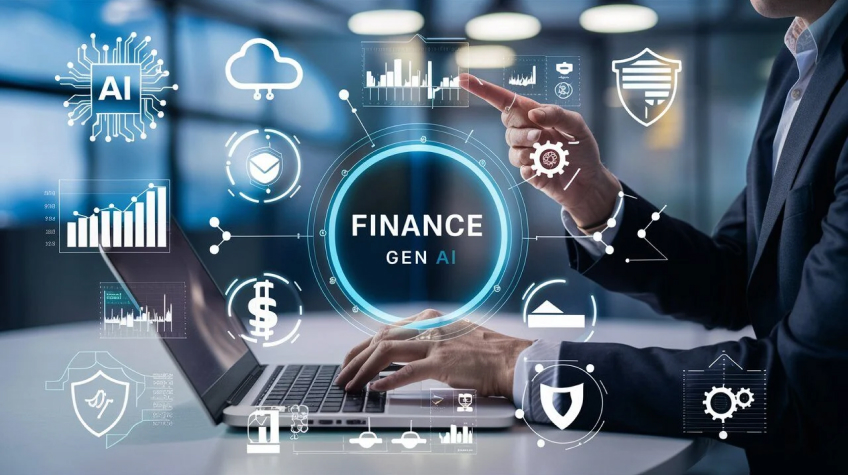JPMorgan Chase and Goldman Sachs leaders have opened up about how artificial intelligence is transforming the financial sector. In a recent interview, the CEOs of these banking giants discussed how AI is reshaping operations, driving efficiency, and creating new opportunities for innovation across the industry.
Both executives stressed that AI is no longer a futuristic concept but a current force shaping banking practices. From risk assessment to customer services, the technology is helping financial institutions process large volumes of data more accurately and quickly than ever before. According to them, these advancements are enabling banks to make better decisions and offer more tailored solutions to clients.
The conversation highlighted how AI tools are increasingly used for tasks that once relied heavily on human judgment. For instance, predictive analytics powered by AI can anticipate market trends and detect potential risks faster than traditional methods. This capability is expected to improve overall financial stability and allow banks to respond proactively to economic shifts.
JPMorgan’s CEO noted that while automation can replace some repetitive tasks, it also opens the door for employees to focus on higher-value activities. “AI is helping us streamline operations, reduce errors, and free up our teams to focus on strategy and client relationships,” the executive explained. Goldman Sachs’ leader echoed this sentiment, emphasizing that embracing AI is not about cutting jobs but enhancing productivity and innovation.
Both CEOs also discussed the ethical and regulatory considerations surrounding AI in finance. They emphasized that transparency, fairness, and security are key priorities when implementing AI solutions. Financial institutions must ensure that AI systems do not introduce bias, compromise customer data, or operate without proper oversight. The leaders pointed out that collaboration with regulators is essential to maintain trust and stability in the sector.
Innovation was another major focus of the interview. AI is enabling banks to develop new products and services that were previously unimaginable. For example, AI-driven investment tools can provide personalized portfolio recommendations in real time. Chatbots and virtual assistants powered by AI are improving customer experiences by offering instant support and guidance. These innovations are expected to strengthen client relationships and create competitive advantages for early adopters.
The CEOs acknowledged that challenges remain in fully integrating AI into banking operations. Issues such as data quality, infrastructure requirements, and staff training must be addressed to maximize the technology’s potential. However, they agreed that the benefits outweigh the hurdles and that AI will continue to play a critical role in shaping the future of finance.
Looking ahead, both executives see AI as a tool that will redefine how banks operate and serve customers. By combining human expertise with intelligent machines, financial institutions can enhance decision-making, reduce costs, and accelerate growth. The leaders stressed that AI is not a temporary trend but a fundamental shift that will influence the industry for years to come.
In conclusion, the CEOs of JPMorgan Chase and Goldman Sachs presented a clear view of AI’s transformative impact on finance. Their insights highlight how innovation, efficiency, and responsible adoption of AI are key to staying competitive in a rapidly evolving banking landscape.


